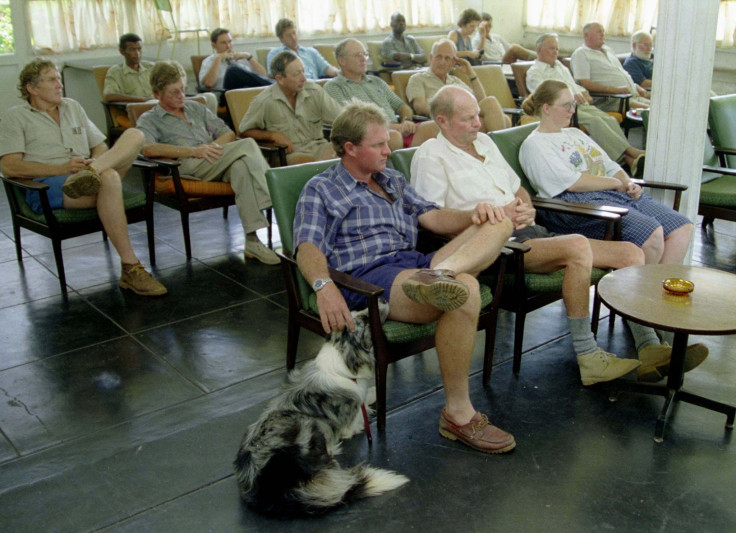White People Under Attack: 'Racist' Law Leaves Thousands Of Farmers In Zimbabwe Facing Poverty

At least 1,000 white farmers in Zimbabwe were facing poverty as a result of the country’s land reform program, All Africa News reported Monday.
The ruling party of Zimbabwe President Robert Mugabe began evicting white farmers from their agricultural land in 2000 and redistributed the farms to black farmers as reparations for the abuses black laborers faced during colonial rule. In 2014, Mugabe vowed that "no white person will be allowed to own land" in the country after more than 4000 white commercial farmers had been evicted from their farms.
Long after Zimbabwe's land reforms, how are farmers fairing? https://t.co/8RXfWBDK4e by @IanScoones
— Future Agricultures (@FutureAgrics) November 17, 2016
Speaking to a congregation of legislators about a proposed amendment to the land reform program Thursday, Michael Carter, a senator of the Movement for Democratic Change political party, called the law "racist," citing how its language mirrored that of the colonial white government, which discriminated against blacks. He pointed to a specific clause in the law that he said restricted the right of individuals who are not indigenous citizens to own, lease, or occupy farmland.
"For the record, as a white person, I must protests this clause [it] is discriminatory. Can a white person not be indigenous?" Carter asked the congregation. "In our constitution citizens are separated from indigenous people on a racial basis which is unconstitutional and will eventually be challenged."
Before the land reforms, half of the arable land in Zimbabwe was controlled by a small number of whites. But of the 4,500 white-owned farms that were in the country when the land reforms began, fewer than 300 remain today. Subsequently, 11.7 million hectors of farmland that was once owned by whites shrunk to 3.4 million hectors, with the rest of the land distributed to blacks.
Zimbabwe! Hopefully Mugabe didn't over see what would follow after his Land reforms. Its a hard prise now pic.twitter.com/KGKBQvQeOC
— felix nyirenda (@felixnyirenda9) July 6, 2016
Carter said more than 1,000 white farmers were now “poverty stricken” after not being paid any compensation by the government for their farms in addition to not being allowed to farm anywhere in the country “because they were white.”
Critics of the land reform program said it resulted in lower production on farms because the majority of blacks who received the land were untrained to harvest it. Tracy Mutinhiri, a black landowner who farms tobacco, told the Washington Post that blacks were now working with white farmers to learn methods about how to get more crops out of the land.
Agricultural revenue in Zimbabwe decreased $12 billion between 2000 and 2009. The South African country has been depending on foreign aid to provide food for 25 percent of its population.
“The problem now is that we have the land, but they have the experience,” said Mutinhiri, told the Washington Post. “We need to help each other.”
© Copyright IBTimes 2024. All rights reserved.












